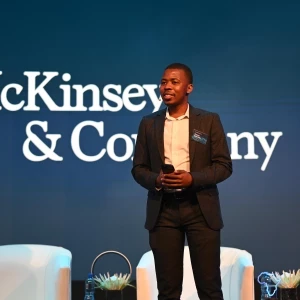Hey
how can i get better at not making silly mistakes with maths. i find when im in front of the interviewer i make easy mistakes eg 1080 /2 = 590 instead of 540.
Ive been using victor chengs maths tool. but is there a good way to get better at placing yourself under stress?
Thanks











